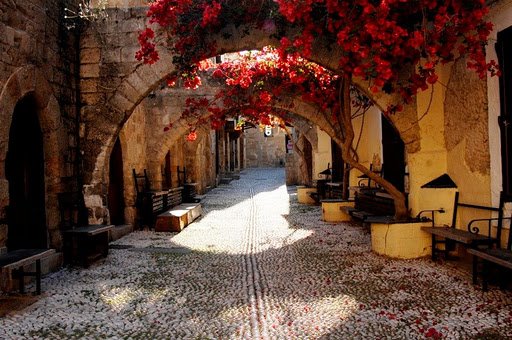Middle Passages begins as a collection of dedications of poems to many real people. It is not until I’m into a few chapters that I recognize some of the names. Mandela and some otters. By page 14 the style takes a “right “ we can only read from right to left, wait, no, it looks like that but we can still read it from left to right.
The language repeats certain themes of the sculls and violence as much as it repeats the hills and the breezes of a certain place. All of the poems appear as dedications to specific historical people who were either murdered or went missing. The language shifts from romantic to tragic many time sin different poems.
“all along the rustle all along the echoes all along the world
And that that stutter I had heard in some dark summer freedom…”
This is part of “Flutes” where imagery is personified in the echoes of history. This style of linguistic twisting of meaning into opposites of words is prominent in most of the poems. “Crashed into history” is tragic and sad, the tone of melancholy linger and penetrates the poem. The same language provides a melancholy comfort, a universal celestial power beyond human violence.
“but there are stars that burn that murders do not know
Soft diamonds behind the blown to bits…”
The voice is always of an observer of violence who sees the good and kind and precious in the tormented and tired. He sees talent and youth and hope as well.
The style of this poetry is radical in parts of a specific dialect. I read most of the poems out loud, and found myself taken into a different world. The sound carries the meaning and vise versa. Words for the most part run from line into other lines like water.

Yes, like Vicuna there’s a voice of lament or protest in some of the poems. And sound is very much a formal preoccupation and a theme (even a political issue) for Brathwaite.